Home Inspections
We are certified in various areas to provide the best for you and your home!
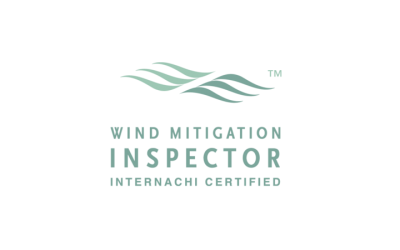
Wind Mitigation
Sometimes the weather can take a turn for the worse, but that doesn’t mean that you should fear for your home’s ability to hold up to the elements. There are countless wind mitigation methods that can drastically reduce the risk of damage to your home. We’ll carefully evaluate a property and report on which implements are in place—potentially qualifying you for numerous insurance credits if the home is adequately protected.
Four Point Inspection
A 4-Point Inspection is a basic evaluation of four critical areas of a home—the HVAC systems, the roofing system, the electrical system, and the plumbing system. This inspection is often required by insurers before they’re willing to issue or renew a policy on an older home.
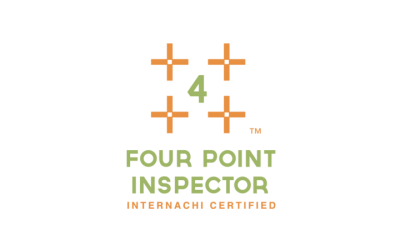
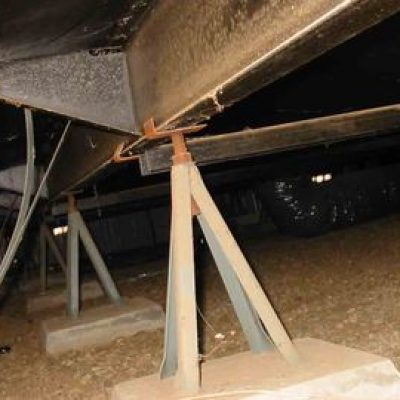
Wood Destroying Organism (WDO) Inspection
This inspection is more commonly referred to as a termite inspection. It’s called a WDO because termites are not the only wood destroying organisms in the world. The inspector is trained to look for things that hint at an infestation, as well as point out conducive conditions that could lead to a new termite infestation, or support an existing termite infestation, including firewood and other debris stored against the home, wood siding contact with the soil, and grade that does not slope away from the foundation. Other potential concerns may include mulching materials, landscape timbers and deteriorated wood in the home’s vicinity. The inspector will provide detailed reports on the condition of the home, including notations of structural damage related to termites and other WDOs.
Termites cause more than $5 billion in property damage each year, and are known as “silent destroyers” because of their ability to chew through wood, flooring and even wallpaper undetected. Unless a buyer knows what to look for, termites can be hard to find with the naked eye and therefore it could take three to eight years before the signs of an infestation are apparent. To avoid getting stuck with extensive damage that is typically not covered by homeowners’ insurance, buyers should always request a wood-boring pest inspection before finalizing the purchase of a home.
Sewer Line Inspection
Very few first-time home buyers ask for a sewer inspection before buying a home. Sewer inspections are not something most buyers think about. They know to get a home inspection, but sewer lines are almost an after-thought if it crosses a buyer’s mind at all. Yet it’s one of the most important inspections a buyer of older homes should conduct.
The time to find out if a sewer is faulty or needs replacement is before buying a home, not after the fact.
Neal Development Group recommends to buyers that they obtain a sewer inspection if the home is older than 20 years. Although the sewer line may be fairly new as compared to homes built before 1950, for example, tree roots can still clog up a 20-year-old sewer line.
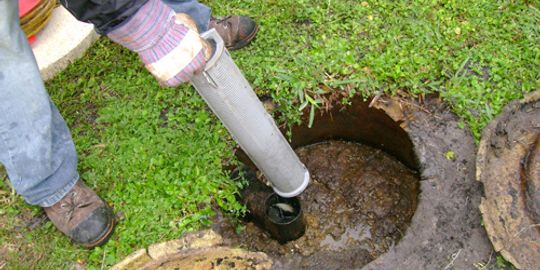
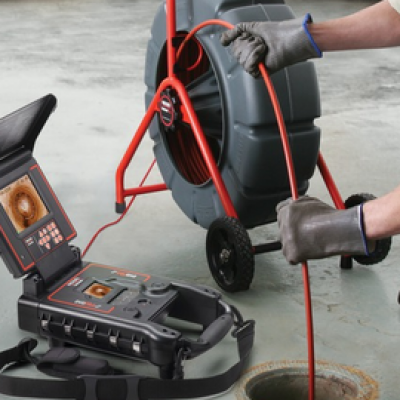
Septic Tank Inspection
If you are buying a home with a septic tank, you should consider having it inspected by a professional septic contractor. Our standard home inspection does not include this type of specialized, intrusive inspection. To properly inspect the septic tank and system in Florida, the contractor will need to dig holes to access the underground parts of the system. This will include inspecting the tank, as well as the leach field.
Everything that goes down any of the drains in the house (toilets, showers, sinks, laundry machines) travels first to the septic tank. The septic tank is a large-volume, watertight tank which provides initial treatment of the household wastewater by intercepting solids and settleable organic matter before disposal of the wastewater (effluent) to the drain field.
Mobile Tiedown Inspection
The following improvements beyond the minimum manufactured home installation regulations are necessary to meet the more stringent requirements of the Permanent Foundations Guide for Manufactured Housing, HUD Publication HUD-7584, which must be met for a home to qualify for FHA financing.
- The foundation piers must bear upon reinforced poured concrete footings that are constructed below the frost line.
- Foundation piers must be constructed of “solid materials”, such as reinforced concrete, masonry, steel, or treated wood. Dry-stacked block piers, which are commonly used in manufactured home foundations, can be upgraded to meet this requirement by applying an adequate coating of fiber-reinforced surface bonding cement.
- A permanent well supported perimeter wall (skirting) must enclose the foundation to keep out vermin and water. This wall must be self-supporting and must rest on a concrete footing. An access opening must be constructed in this skirting wall. Most often these walls are constructed of block or brick masonry. However, treated wood walls can qualify if properly constructed.
- The home must have adequate tie downs anchored to the footings to resist horizontal overturning, transverse and longitudinal loads. HUD-7584 specifically prohibits dependence on screw-in tie-down anchors commonly used in manufactured home anchorage systems. There are several anchorage systems that can be installed to satisfy this requirement.
- The tongue, axles, and wheels must be removed.
- An adequate number of screened vents must be installed around the entire perimeter of the building to provide air circulation in the crawl space (1 sq. ft. of net free area per 150 sq. ft crawl space floor area).
- The perimeter walls must extend at least 8 inches above grade.
- The exterior grade must taper away from the home for drainage.
- The dirt floor of the crawl space must be covered with 6-mil polyethylene plastic vapor barrier.
- Utilities must be permanently installed.
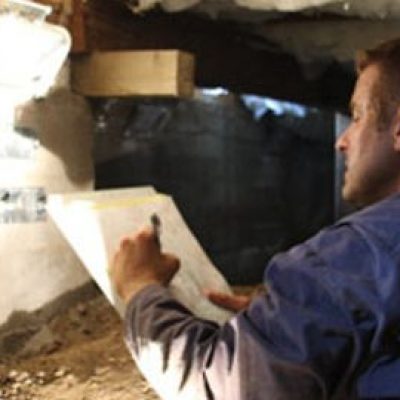
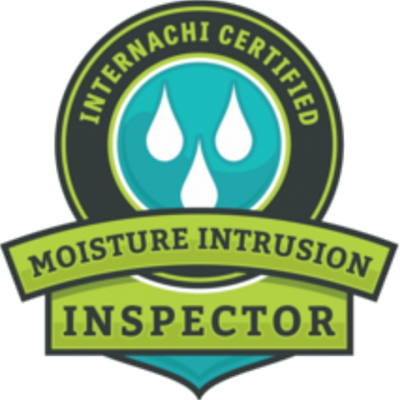
Well and Bacteria Water Testing
We will take a water sample from the home. We follow the Florida Department of Health procedures for collecting water samples. We will deliver the samples to two separate laboratories. The first tests for Hardness (CaCO3), pH, Iron (F+, F++), Hydrogen Sulfide (H2S), Tannins (Humic Acids), & Total Dissolved Solids (TDS). The second sample is tested by the County Health Department for BIOLOGICAL contaminates – coliform which is a micro biological indicator of harmful pathogens and bacteria – E. Coli, fecal matter, etc. We can also test for CHEMICAL contaminates – lead, nitrites, & nitrates which often come from fertilizer &/or pesticides.
Pool and Spa Inspection
If the home you are buying or selling has a pool, it is highly advised that your inspection include a through and detailed examination of the following
- Pool an Spa Interior finish materials
- Decks, steps and coping
- Pumps, motors, blowers, skimmer, filter, drains, automatic safety controls, gauges, visible piping and valves
- Cleaning system
- The water supply system to ensure there are no cross connections
- External bonding of the pump motors, blowers, heaters and other equipment
- Operation of underwater lighting, ground fault circuit interrupters, conduit, visible electrical components and timer assemblies
- Diving boards, slides, handrails and ladders
- The presence or absence of child safe barriers

VA Water Testing
Not every property has a connection to a public or community water and sewage disposal system, whether because of geography, topography and plenty of other reasons. Without a public connection, you’re likely talking about having a well, either unique to the property or a shared well that serves multiple homes.
An independent VA appraiser will assess the Minimum Property Requirements as part of the appraisal process(the other part being the home’s valuation). If you’re looking at buying a property with a private or shared well, both the VA and lenders want to ensure the water is safe, which means getting it tested. For properties with community water supplies, testing documentation from the local health authority can suffice.
Ideally, for private well tests, there’s a local health authority and one of their employees handles the water quality test, which would need to come from an internal water source like a kitchen sink or bathtub. If that isn’t feasible, then a commercial testing lab or another independent, third party can collect and deliver the water sample.
There are often local health authorities that have requirements for water quality. But that’s not always the case. When there isn’t a local authority with set requirements, the water will need to meet federal standards set by the Environmental Protection Agency.
Tests on private wells are valid for up to 60 days if completed before a formal Notice of Value is issued for the property. It’s worth noting that you can’t simply promise to install a install a water purification system if the property’s well fails to meet health standards. You could only put one in once you close on the loan, which, at that point, would be there to adjust the taste or softness of the water.
Infrared Inspection
Infrared is the cutting edge technology for home inspections. With this technology our inspectors can see what is going on behind your walls that may not be visible to the naked eye. This technology allows us to detect water damage, air leaks and other potential problems.
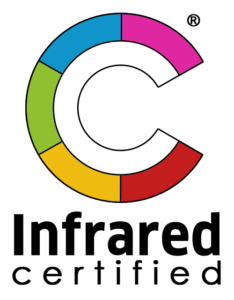
Full Concierge Service
Take the stress out of moving with utility setup. We will set up all of the utilities for your new home. This is a one stop service.
One call does it all.
Free Recall Check
We are committed to raising the standards of your home inspection.
That’s why we offer FREE RECALL CHECKS for your home appliances with every inspection that we do.
